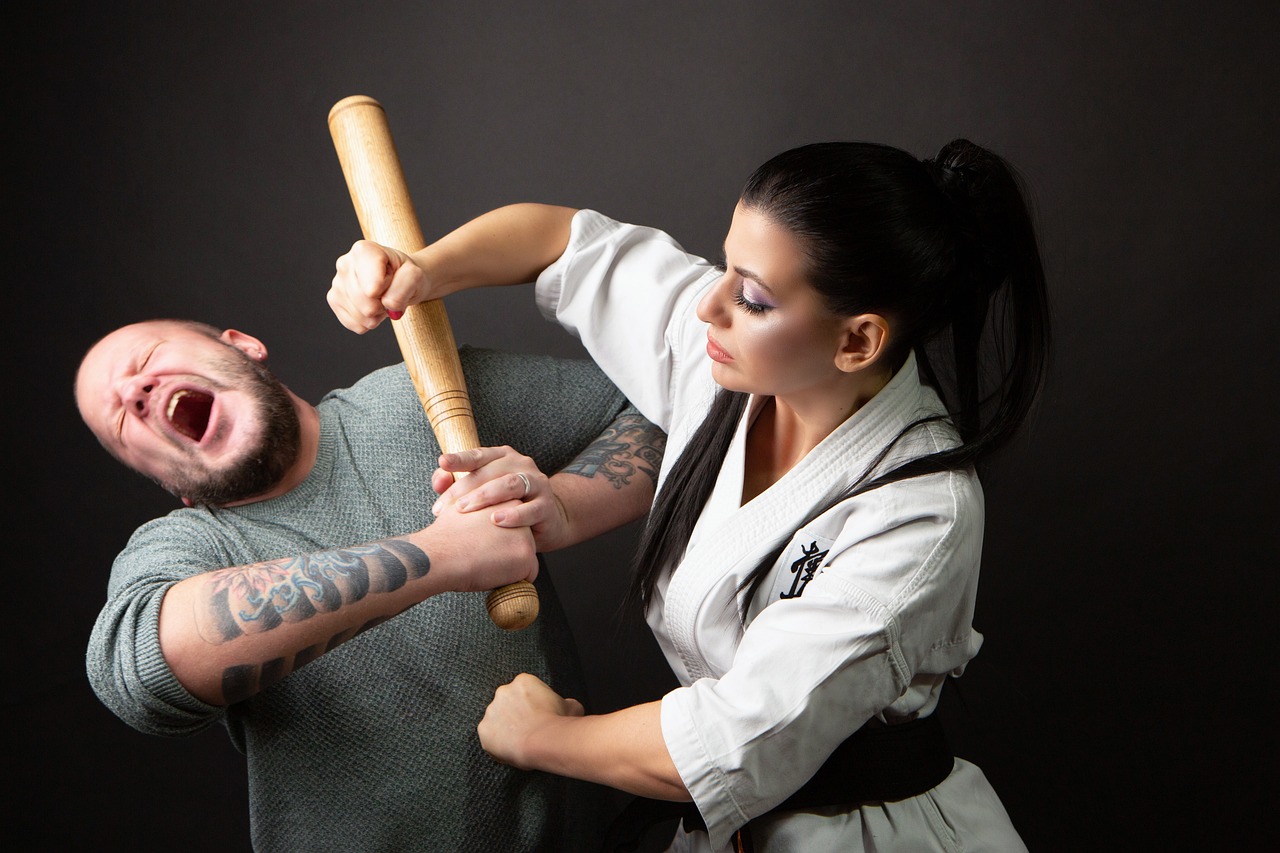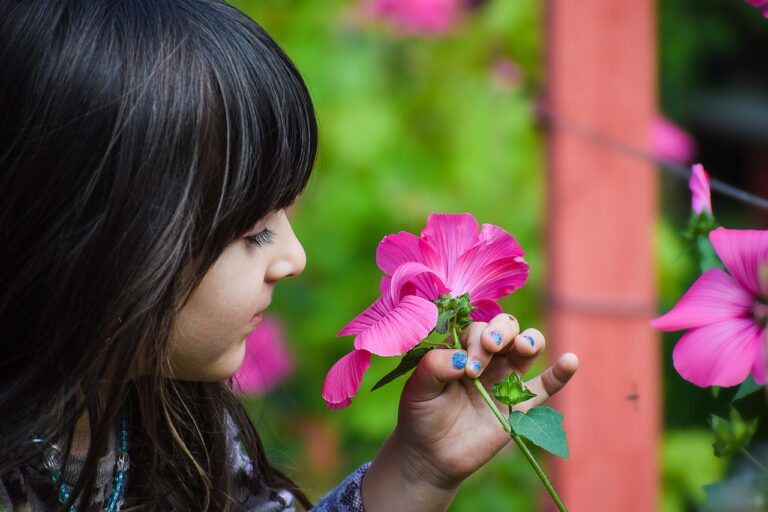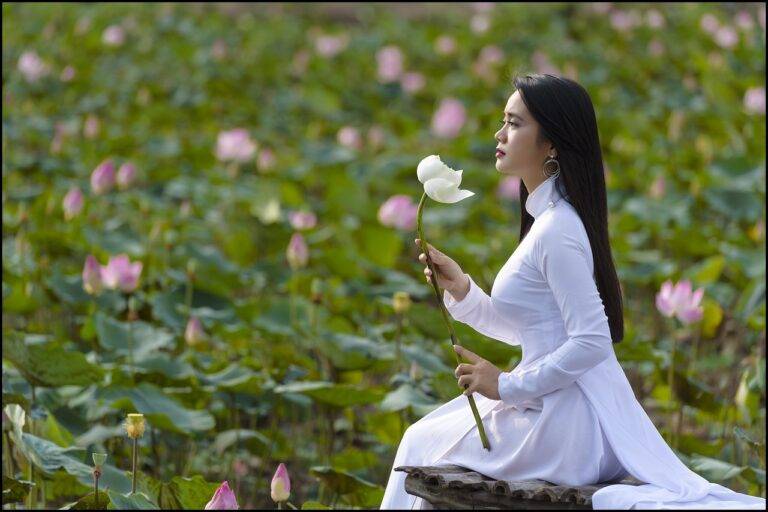The Role of Tea in Cultural Diplomacy: Bridging Divides Through Shared Traditions: Allexchbet, 99exch, All panel.com
allexchbet, 99exch, all panel.com: Tea has long been regarded as more than just a beverage. It is a symbol of hospitality, culture, and tradition in many societies around the world. From the elegant tea ceremonies of Japan to the vibrant chai culture of India, tea plays a central role in bringing people together and fostering connections across different cultures.
Cultural diplomacy, the use of cultural exchange to promote mutual understanding between nations, has become increasingly important in today’s globalized world. Through the sharing of traditions, values, and beliefs, cultural diplomacy aims to bridge divides and build relationships between countries that may have political or historical tensions.
Tea, with its rich history and significance in various cultures, has emerged as a powerful tool for cultural diplomacy. By bringing people together over a cup of tea, individuals can engage in meaningful conversations, exchange ideas, and forge connections that transcend boundaries.
In countries like China and Japan, tea ceremonies are not just rituals but also reflections of deep-rooted cultural values such as respect, harmony, and mindfulness. These ceremonies provide a platform for cultural exchange, allowing participants to learn about each other’s customs and traditions in a peaceful and respectful setting.
Similarly, in countries like Iran and Morocco, tea is an integral part of social gatherings and hospitality. Offering tea to guests is a sign of warmth and hospitality, creating a welcoming atmosphere that encourages dialogue and connection.
Tea festivals and events have also become popular platforms for cultural diplomacy. These gatherings bring together tea enthusiasts from around the world to celebrate their shared love for tea, exchange knowledge about different tea traditions, and foster friendships that transcend borders.
Through the simple act of sharing a cup of tea, individuals can find common ground, celebrate diversity, and build bridges between cultures. In a world that is often divided by political, religious, and social differences, tea serves as a unifying force that transcends language and ideology.
FAQs
1. What is the significance of tea in cultural diplomacy?
Tea plays a crucial role in cultural diplomacy by providing a platform for cultural exchange, fostering connections between people from different backgrounds, and promoting mutual understanding and respect.
2. How can individuals participate in cultural diplomacy through tea?
Individuals can participate in cultural diplomacy through tea by sharing their own tea traditions with others, attending tea-related events and festivals, and engaging in conversations about the cultural significance of tea.
3. Are there any organizations that promote cultural diplomacy through tea?
Yes, several organizations around the world promote cultural diplomacy through tea, such as the Global Tea Initiative at the University of California, Davis, and the International Tea and Coffee Academy in Sri Lanka.
4. How can governments use tea to strengthen diplomatic ties?
Governments can use tea as a tool for cultural diplomacy by hosting tea ceremonies, organizing tea-related events, and exchanging tea-related gifts with other countries to strengthen diplomatic ties and promote mutual understanding.







